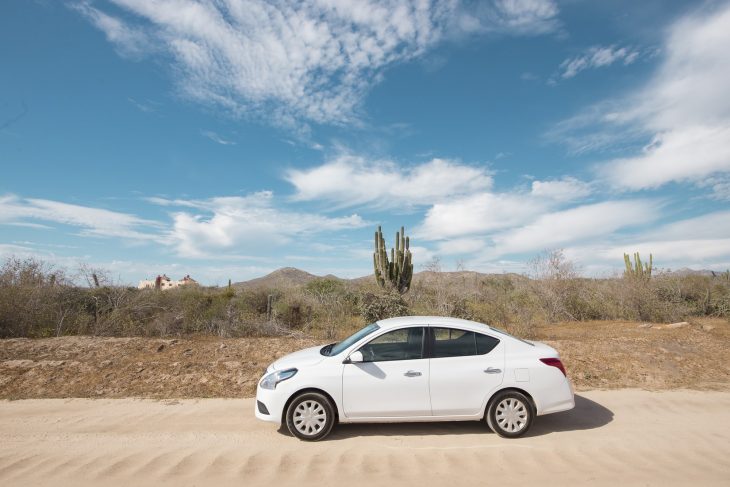
Rephrase this common question and get better guest feedback
Yesterday morning I returned a rental car after a quick trip to the IROC conference in Foley, AL. I pulled into the Alamo rental car return at the airport in Pensacola, FL, and was greeted quickly by a gentleman who assisted me with the return. Once he confirmed that all my luggage and items were out of the vehicle, he confirmed the total amount and the method of payment, and then prompted me for feedback. However, the question that he asked when seeking feedback about my rental experience was so much more impactful than the questions we have all become used to hearing.
As service providers, following up on the experience has become an operational standard that is widely adapted. At a restaurant, servers often ask, “How was your meal?” or when checking out of a hotel the front desk agent asks you how your stay was. When returning a rental car, the agent often asks something along the lines of, “How was the vehicle?” “Were you satisfied with your rental?” “Did everything go smoothly with the car?” All of the questions are great ways to determine when the renter is satisfied, and while it certainly offers the opportunity for someone to tell you otherwise, it has become a routine dialogue that we have become conditioned to respond to in the same way, almost as if it was scripted. “Everything was great, thanks.” This is quite apparent in any service-related capacity. Unless the guest has a notable complaint, which they probably would have voiced anyway without being prompted, this falls into the category of “compulsory hospitality,” rather than true data collection.
Therefore, when the agent asked me, “What can we do to make your rental experience better in the future?” he required me to actually think. He wasn’t looking for glowing fluff or a general comment of expected satisfaction. He wanted me to complain. And he did it by putting me in a comfortable position to do so without feeling like I would be labeled as a complainer or that I was trying to rock the boat. Notice the phrasing of the question too; it was not a yes or no question, asking me if there was anything that could have made my experience better, he was leading me down a road that would only lead to real, actionable answers.
I stood there for a good few seconds and truly thought about my experience, and I actually felt bad that I couldn’t answer the question. Alamo checked all the boxes I needed; the employees were friendly and efficient, the car ran smoothly, and it was in great condition. Sure, I could’ve gone for the easy answer and said that a lower price would be better, but the price was already pretty reasonable. But I didn’t want to let him down, and I told him I would think about it. He smiled and appreciated it, and we parted ways.
While I’m thinking about something to complain to Alamo for (if I even find something), I encourage you to think about this. How are you phrasing your request for guest feedback? Is it a mechanical bullet point on a to-do list, or are you deliberately seeking guest complaints? When you strive for the latter, you can gain more data and better data for you to use to continually fine tune your operation, and you have the ability to serve that guest even better as well. This is already a key tenet with my BackLooper clients, where we specifically seek information from the guest to learn about opportunities for improvement, but why not put it right into the front line? At the end of every guest interaction, have your staff ask, “What can we do to make this experience better in the future?” The responses you get might be the ones that you never knew you needed.
Huge thanks to Alamo for providing a great rental car experience on this trip, but more importantly, for showing me that you want to know where my experience may have fallen short. If I think of something, I promise I’ll let you know.
Josh Liebman
Josh Liebman specializes in guest experience within attractions, tourism, and hospitality, including service standards, complaint resolution, and driving guest loyalty. Josh is a serial entrepreneur, podcaster, consultant, and speaker. Josh has worked for some of the top attraction operators in the world, including, but not limited to Walt Disney World, Universal Orlando, Merlin Entertainments, and Cedar Fair. Josh has been integral to the openings of multiple attractions in various leadership capacities. Additionally, Josh has consulted for many of the world’s leading hospitality brands, including Ritz Carlton, Four Seasons, Waldorf Astoria, and many more. Josh is Co-Host of the AttractionPros Podcast, which brings the audience into the room with the top leaders, executives, and influencers in the attractions industry.
